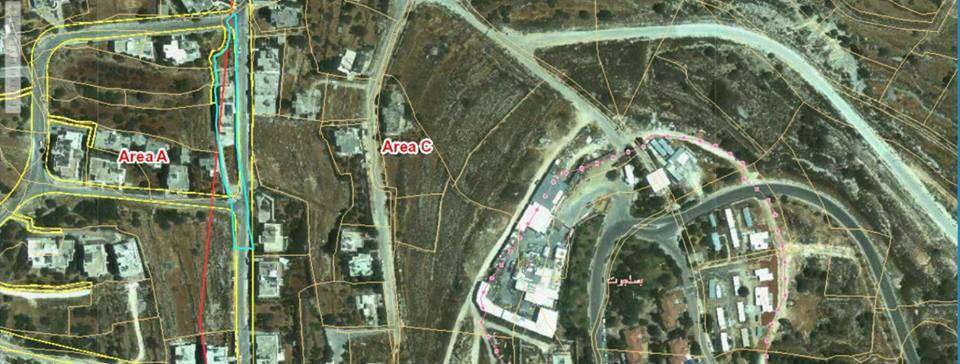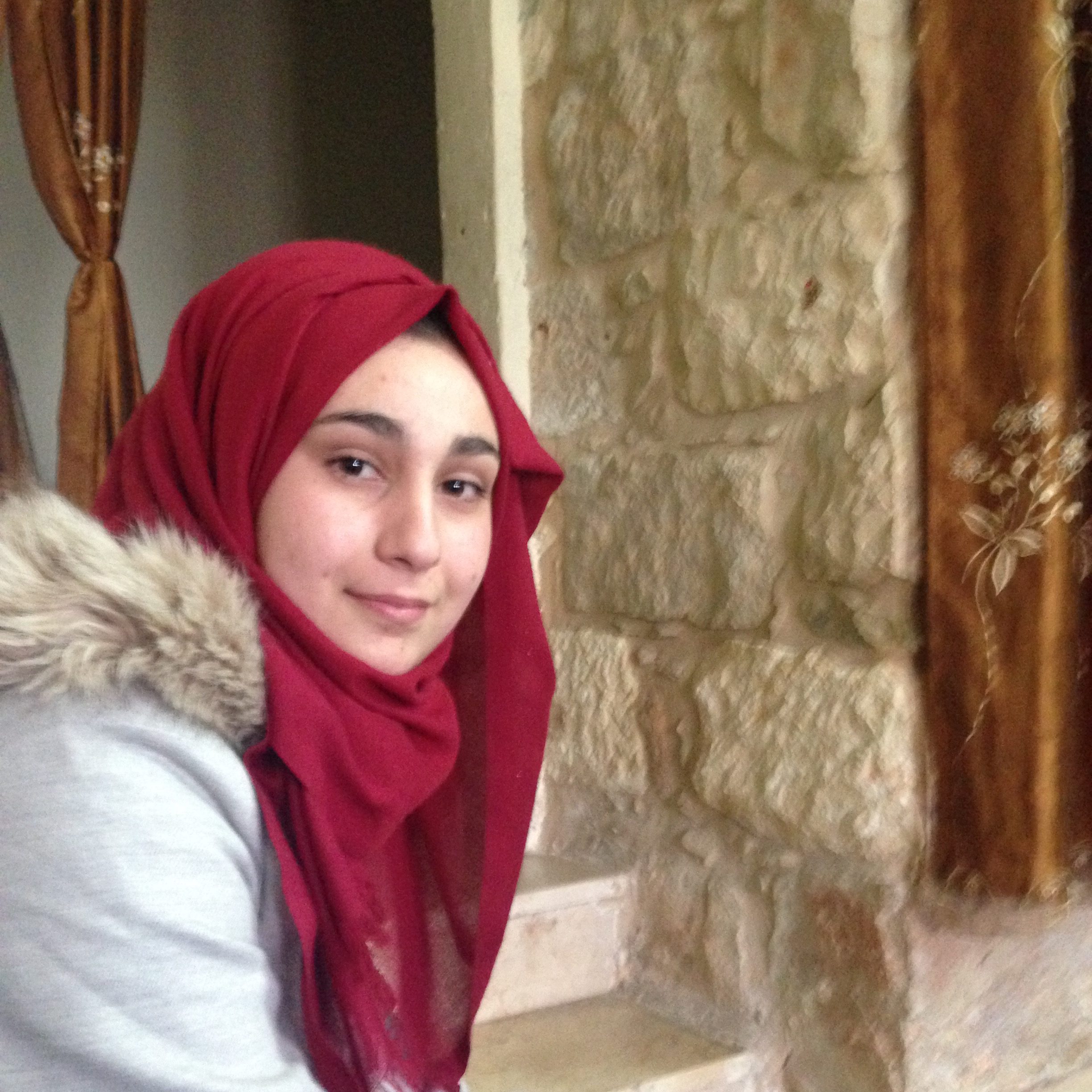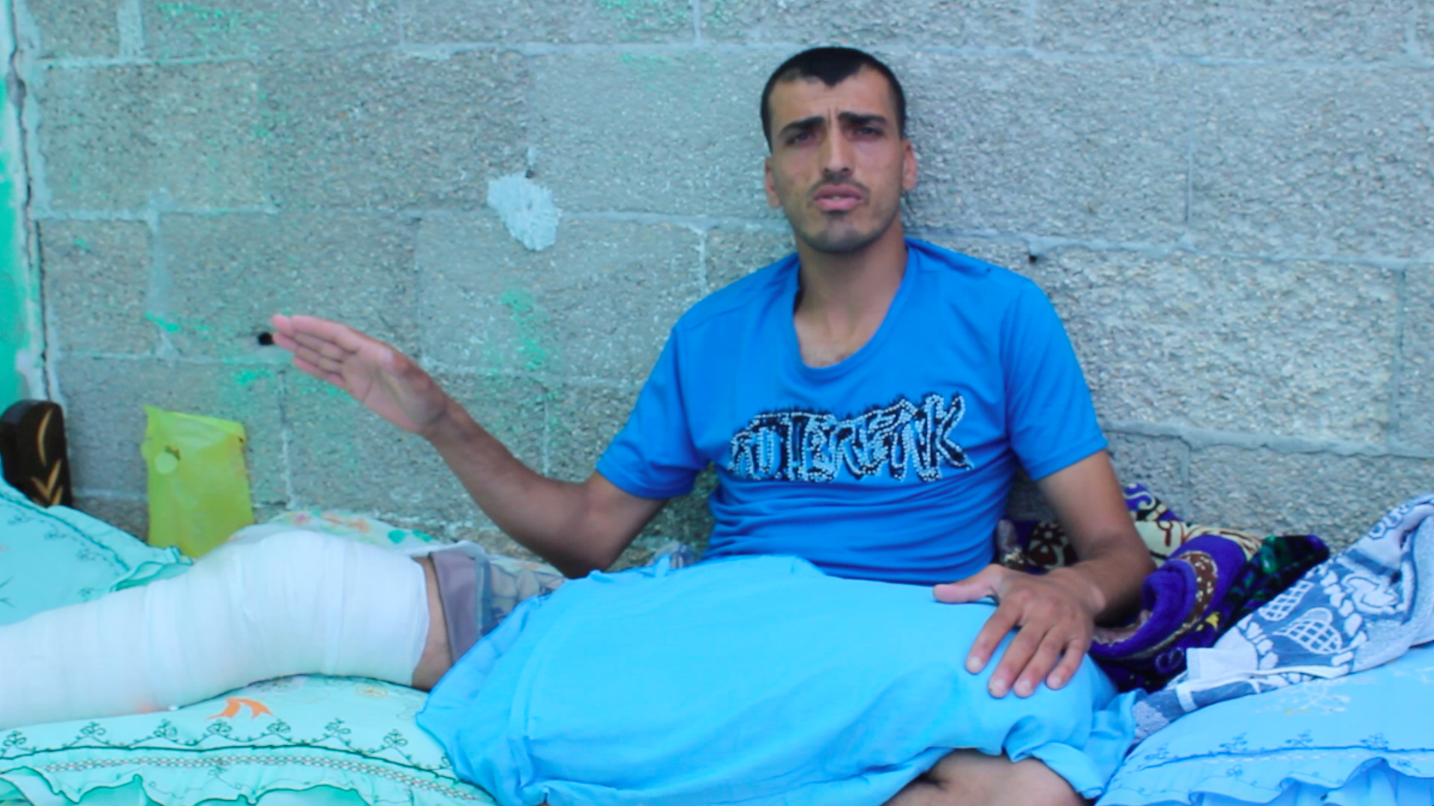Tag: Interview
-
Israeli forces threaten Palestinian families with house demolitions
7th April 2017 | International Solidarity Movement, Ramallah team | al-Bireh, occupied Palestine On 5th April, 2017, Israeli forces told Abbas Qar’an and his family that their home in al-Bireh was going to be demolished. The homes of two other anti-occupation activists in the area recieved similar threats. ISM activists met with Abbas, the son of…
-
Speaking out and witnessing: what the Hebron camera project means to one student
17th March 2017 | International Solidarity Movement, al-Khalil team | Hebron, occupied Palestine Last week we reported on two of the training sessions run by Human Rights Defenders (HRD) here in Hebron for young people to use video as an activist tool against the occupation. Today we wanted to find out more about what the students themselves think and…
-
Testimony of one of the latest attacks against Gaza’s fishermen
12th June 2016 | International Solidarity Movement, Gaza-team | Gaza Strip, occupied Palestine Last Wednesday Rajab Khaled Abu Riela, 30 years old, his brother and two cousins left Gaza’s port at 12 pm. They stayed out fishing until 1:30 am. “When we started our way back to the port one Israeli warship approached, the soldiers…



